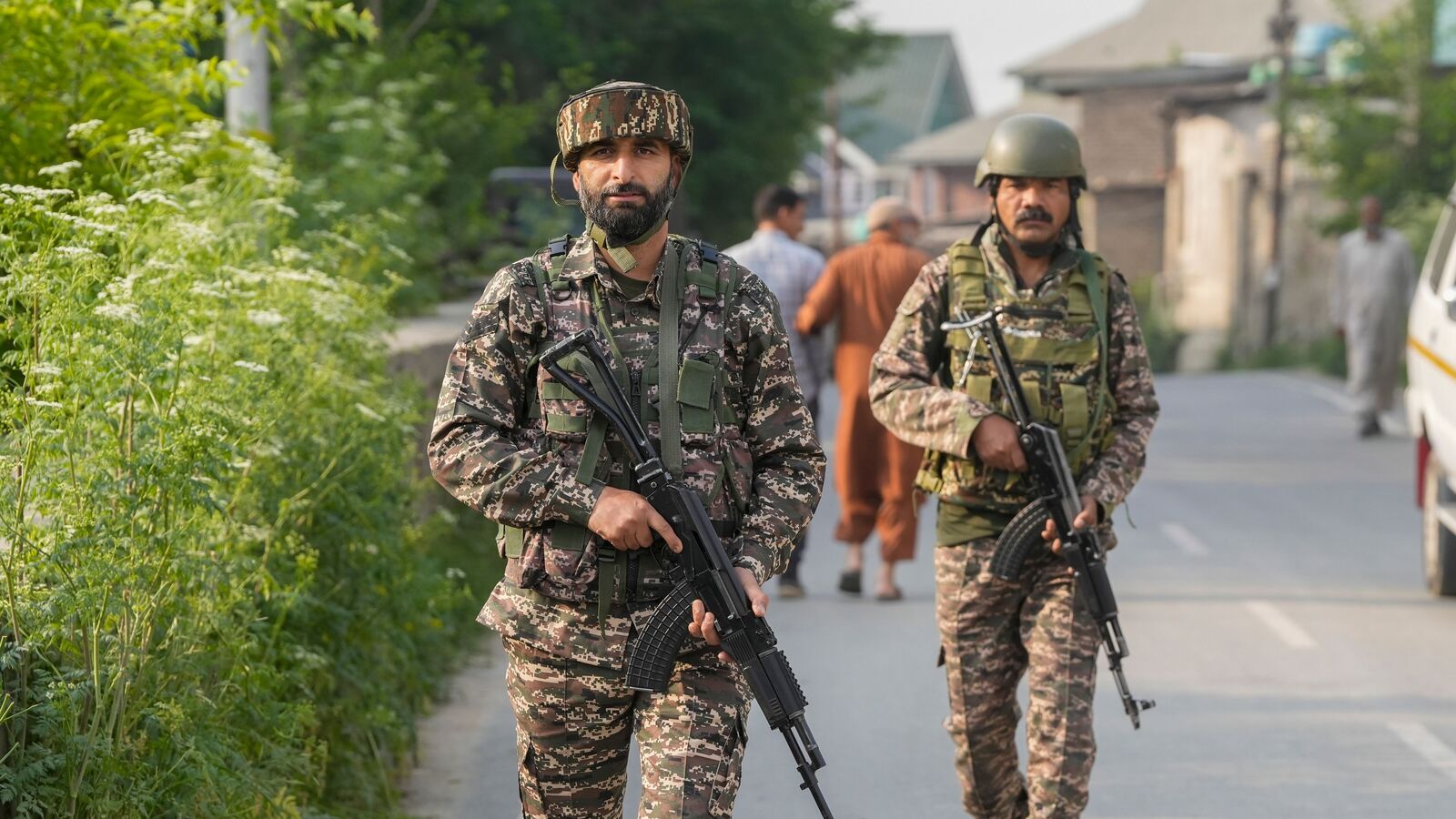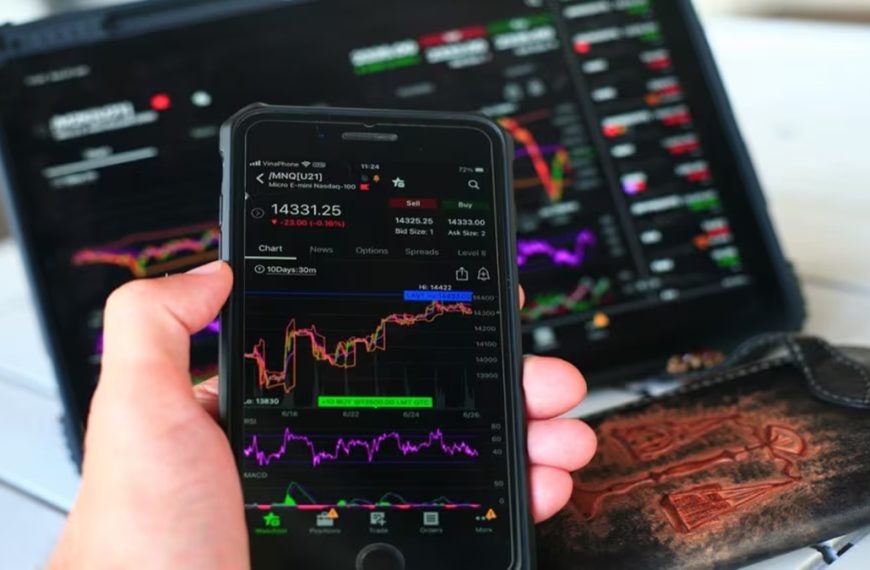In response to the recent terrorist attack in Pahalgam, Kashmir, the Indian government has launched Operation Sindoor, targeting terrorist camps in Pakistan and Pakistan-administered Kashmir. This decisive action has sparked a wave of reactions from prominent stock market experts, who have shown their support for the government’s stance. Despite the geopolitical tensions, the Indian stock market has demonstrated resilience, with analysts predicting a strong recovery in the long run.
Expert Reactions to Operation Sindoor
Vijay Kedia, a renowned investor, expressed his sentiments through a poignant poem, characterizing India’s military response as a quest for "justice" rather than mere "revenge." His thoughts resonated with many as he emphasized the significance of the government’s actions.
Radhika Gupta, CEO of Edelweiss Mutual Fund, also voiced her approval on social media, stating simply, “Jai Hind. Jai Hind ki Sena,” in admiration of the armed forces’ efforts.
Porinju Veliyath, known for his expertise in small-cap investments, praised Prime Minister Narendra Modi for his decisive measures. Following the tragic loss of 26 tourists in the Pahalgam attack, Veliyath shared a survivor’s harrowing account, underscoring the gravity of the situation with a quote: “I won’t kill you. Go tell this to Modi.” His post on social media, “Go and tell Modi; Modi listened,” reflected a collective sentiment of determination.
Deepak Shenoy, the CEO of CapitalMind, expressed gratitude towards the Indian defense forces, tweeting his wishes for their continued protection of the nation’s borders.
Gurmeet Chadha from Complete Circles noted that despite the anticipated volatility in the markets due to the India-Pakistan conflict, certain developments—such as the India-UK Free Trade Agreement, rate cuts in China, and the U.S. Federal Reserve’s bond purchasing—could yield positive long-term economic outcomes.
Current State of the Indian Stock Market
Following the military strike, the Indian stock market remained relatively stable. The Sensex fluctuated between a high of 80,844.63 and a low of 79,937.48, while the NSE Nifty saw a similar pattern, peaking at 24,449.60 and dipping to 24,220.
Dr. VK Vijayakumar, Chief Investment Strategist at Geojit Investments, shared insights on the market’s behavior. He noted that the precision of India’s strikes might prevent significant market disturbances, as this action was largely anticipated and already factored into market positions.
Pankaj Singh, smallcase manager and founder of SmartWealth.ai, explained the immediate market reactions to geopolitical tensions, citing that the Nifty and Sensex experienced drops of 0.6% to 0.8%. However, he pointed out that historically, such events have led to rebounds: after the Kargil War, the Sensex surged 63% within a year, while recoveries following other major incidents have also been notable.
Conclusion
While Operation Sindoor has introduced short-term volatility in the stock market, historical trends suggest that the Indian market possesses a robust capacity for recovery. Experts advocate for a cautious yet optimistic outlook, emphasizing the importance of long-term resilience in the face of geopolitical challenges. As the situation evolves, investors are encouraged to stay informed and consider the broader economic implications of these developments.











